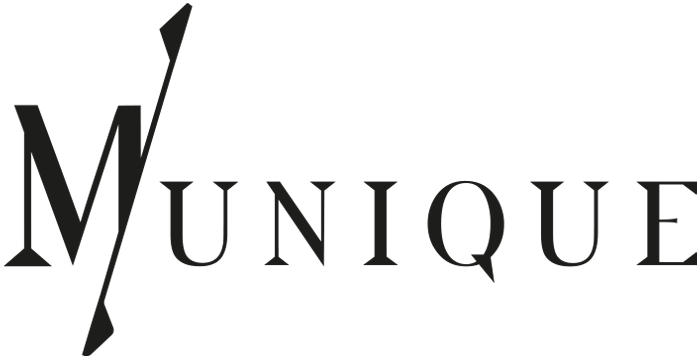Bio-based, locally produced, on demand: that’s MYCOTEX by NEFFA – a flexible material whose properties lie somewhere between leather, plastic and artificial leather. Production takes place in three steps: First, customisable and/or recyclable forms are created in an automated 3D design process. With the help of liquid fermentation, innovative materials are produced – the technique works for mycelium, but is also suitable for other biomaterials. In the end, the final textiles are produced by robotic applications without any weaving, cutting or sewing. In this way, the modelling process is similar to the injection moulding process – except that only natural materials are used instead of plastics.
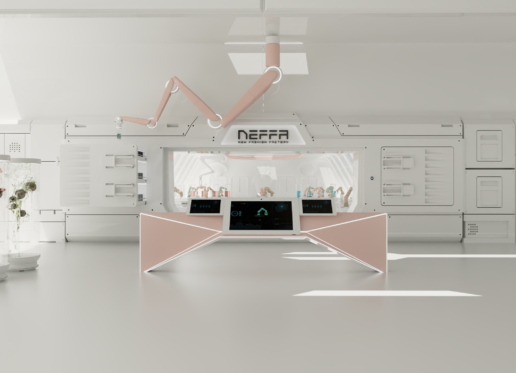
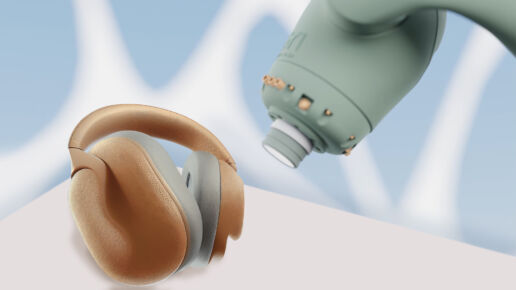
In leather production, the most resource-intensive factors are the land required for animal husbandry, the consumption of water for tanning, the energy required and the CO2 emissions. It is precisely in this production chain where MYCOTEX comes into play: Resource-saving robotic applications can save 10 to 30 percent of waste, and in addition, the production of materials and products takes place directly on site, so there are no emissions for transport. The textiles are biodegradable and can even be composted at home.
More than Mycelium: At the beginning of the project, founder Aniela Hoitink focused in particular on the material MYCOTEX. Within the last three years, this has developed into NEFFA, a completely automated manufacturing method for different types of biomaterials. NEFFA stands for New Fashion Factory. The innovative system is based on automation, can be recycled and offers unlimited freedom of design. The patented process offers unprecedented design freedom to create silhouettes and textures that would never have been possible with traditional manufacturing methods and creates a local and completely transparent process that can be adapted to constant changes. For the textiles of tomorrow.
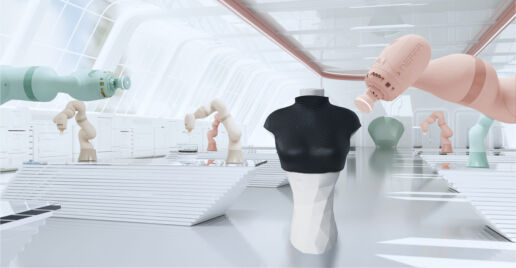
“The fashion and textile industry is working on steps to improve: material innovation, better dyeing processes, a reduction of water, quick fixes that are needed right now. This will not be enough in the future. We need a big step to transform the industry. And we need it to be local, with a better working environment and without waste.”
ANIELA HOITINK
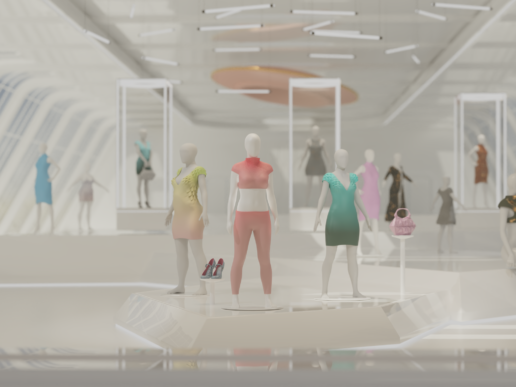
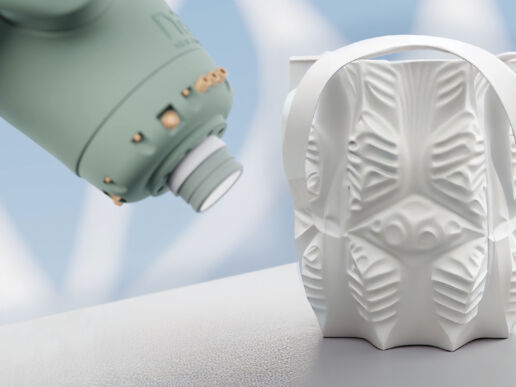
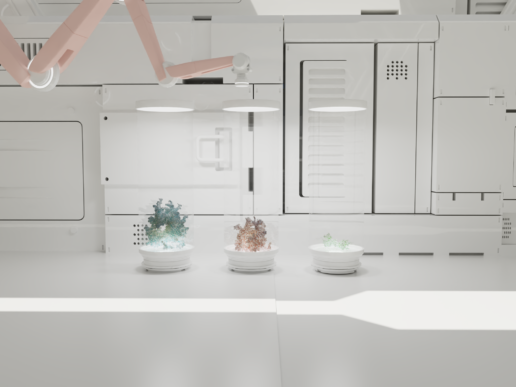
———————————————————————–
THIS ALSO MIGHT BE INTERESTING FOR YOU
The Power of Data: Understanding How Data Tackles Challenges in the Textile Industry
31. January 2025
Data might feel intimidating for the fashion and textile industry, but it holds the power to unlock transparency, boost efficiency, and spark innovation...
MUNICH FABRIC START & BLUEZONE – Essence of Innovative Design & Smart Strategies in Challenging Times
24. January 2025
FLORESCENCE describes the phase in which plants reach their full bloom and is used as a general metaphor for the process of blossoming.
Additionals Trends Spring.Summer 26 – Part 8
20. January 2025
Trims and packaging are branding items we shouldn’t take for granted – they are a signature that transforms the ordinary into the unforgettable.
